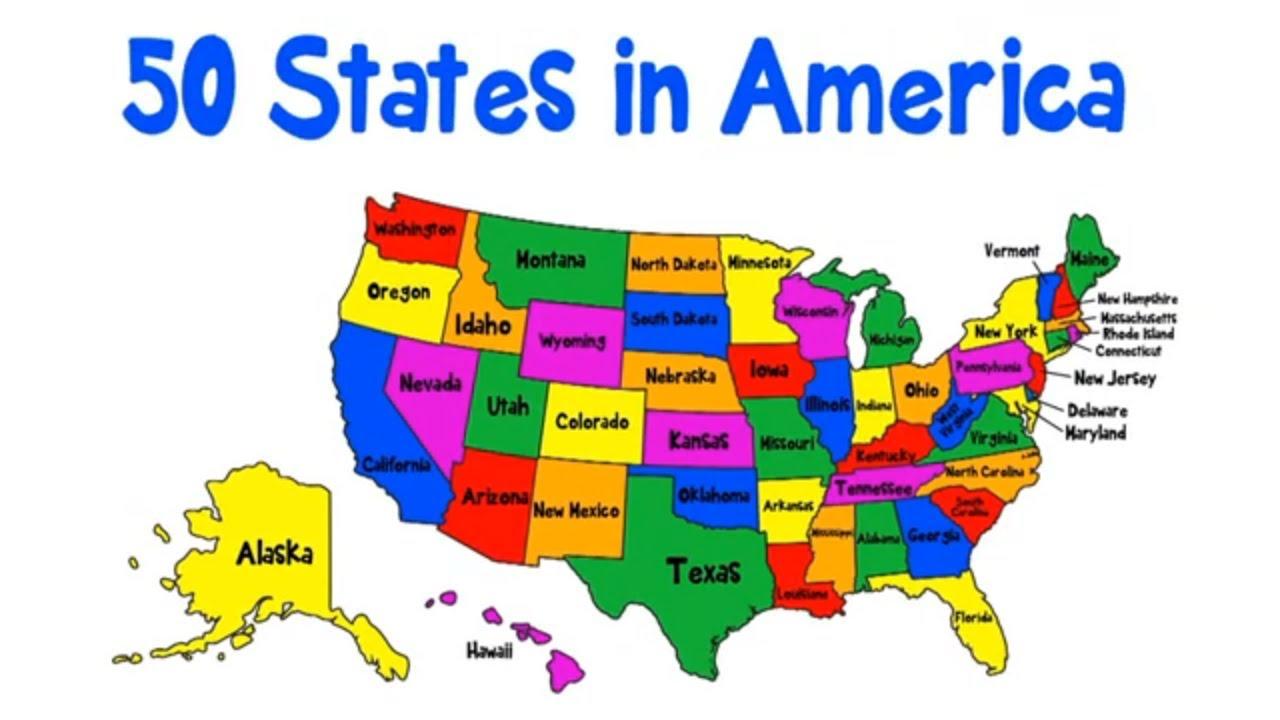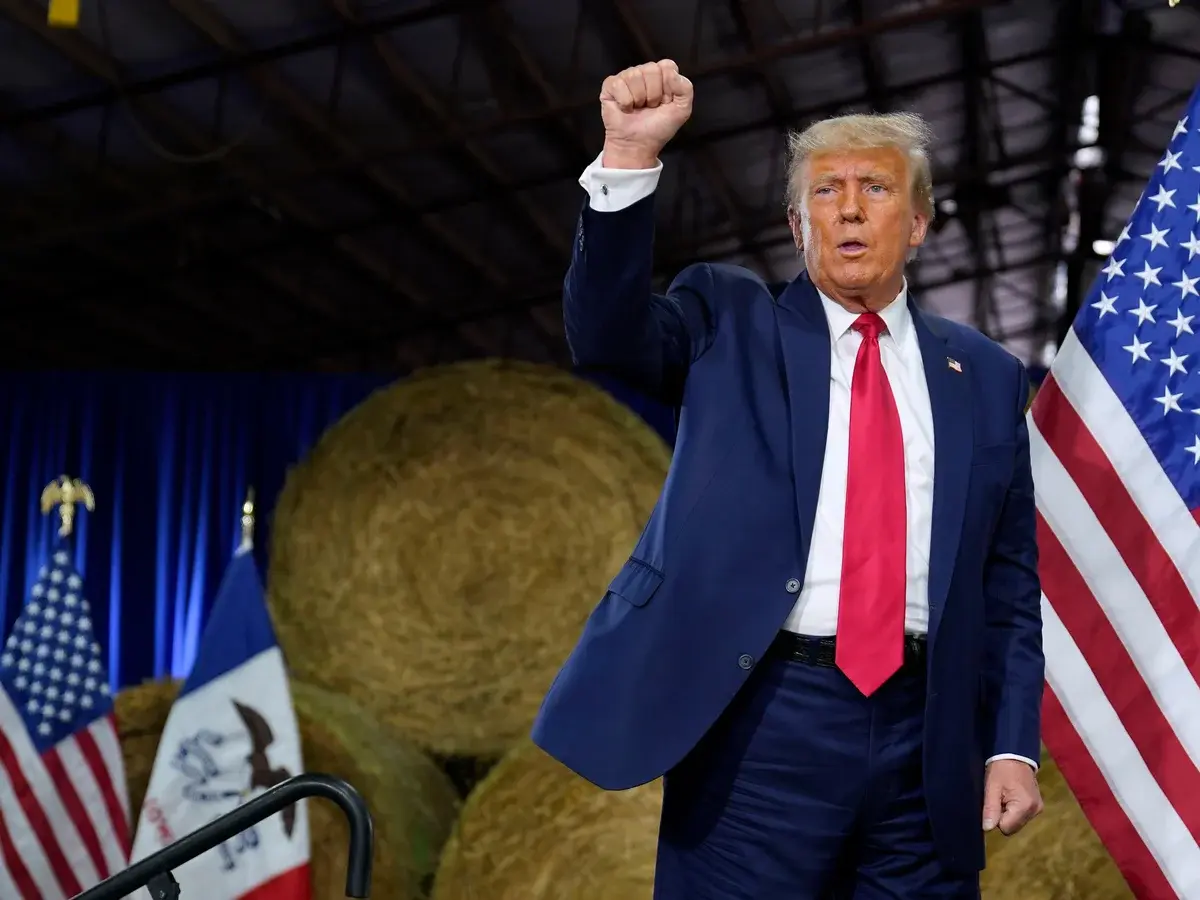The idea of a federal ban on Sharia law across all 50 states has emerged as a lightning rod in American political discourse, igniting debates over religious freedom, national security, and constitutional limits. Proponents argue that such a ban is essential to protect democratic values and prevent the influence of Islamic legal principles, while opponents see it as a violation of First Amendment rights and a step toward discriminatory governance. The proposal raises profound questions about the balance between cultural integration and individual liberties in a diverse nation.

Supporters of an immediate ban contend that Sharia, a set of Islamic legal and ethical guidelines, is incompatible with U.S. law and poses a potential threat. They point to isolated cases where Sharia-inspired practices, such as informal dispute resolutions, have surfaced in Muslim communities, arguing these could undermine secular legal systems. In 2024, several state legislatures, including Oklahoma and Texas, revived efforts to restrict Sharia’s influence, citing concerns about “creeping Islamization.” Advocates claim a federal ban would standardize protections, ensuring no state permits practices they view as antithetical to American values, like gender inequality or harsh punishments. National security hawks also argue that banning Sharia could deter extremist ideologies, though evidence linking Sharia to terrorism remains thin.
Opponents counter that a blanket ban would be both unconstitutional and counterproductive. The First Amendment explicitly protects religious freedom, and courts have consistently struck down similar state-level bans as discriminatory. In 2010, a federal judge ruled Oklahoma’s anti-Sharia amendment unconstitutional, arguing it singled out Muslims without evidence of harm. Legal scholars warn that a federal ban would face similar scrutiny, as Sharia is not a monolithic legal code but a diverse set of interpretations, often limited to personal or communal matters like diet and marriage. Critics also highlight the absence of any widespread imposition of Sharia in the U.S., with less than 2% of the population identifying as Muslim. They argue the proposal inflames Islamophobia, alienating communities and fueling extremist narratives.
Practical challenges abound. Defining “Sharia” in legislation risks overreach, potentially criminalizing benign religious practices. Enforcement would also strain federal resources, requiring oversight of private religious activities, a move likely to spark lawsuits and public backlash. In 2025, polls showed 55% of Americans opposed a Sharia ban, with support concentrated among conservative voters. The issue has become a political wedge, with some candidates leveraging it to rally bases ahead of elections.
 The debate reflects deeper anxieties about cultural change and national identity. Proponents frame the ban as a defense of secular governance, while opponents see it as scapegoating a minority to score political points. As the U.S. grapples with pluralism, a federal Sharia ban seems unlikely to pass constitutional muster or unite a divided populace. Instead, it risks deepening mistrust, leaving policymakers to navigate a delicate path between security and liberty in an increasingly polarized era.
The debate reflects deeper anxieties about cultural change and national identity. Proponents frame the ban as a defense of secular governance, while opponents see it as scapegoating a minority to score political points. As the U.S. grapples with pluralism, a federal Sharia ban seems unlikely to pass constitutional muster or unite a divided populace. Instead, it risks deepening mistrust, leaving policymakers to navigate a delicate path between security and liberty in an increasingly polarized era.






